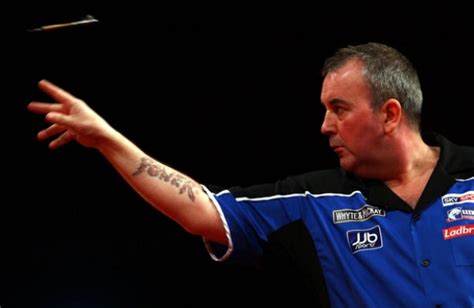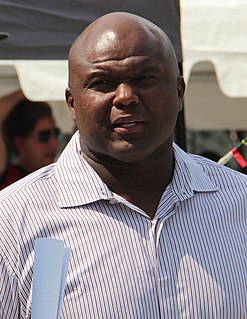A Quote by Filipe Luis
Often, players talk when they feel they are not being valued as they deserve. Then they get more attention.
Related Quotes
The time and the quality of the time that their parents devote to them indicate to children the degree to which they are valued by their parents. . . . When children know that they are valued, when they truly feel valued in the deepest parts of themselves, then they feel valuable. This knowledge is worth more than any gold.
As women, we feel we can't ask for things. There's been a lot of research done recently and, more often than not, if a woman goes in to ask for a raise, she'll get it. But she's thinking, 'Do I deserve it? I've got to give a list of why I deserve it.' Whereas a man will just go in and ask for a raise. It's so scary.
If an artwork never gets any attention from anybody, then obviously it's got problems. If it gains attention from a very small elite, then it's presumably doing something. Finnegans Wake gets a lot of attention from certain people who become passionate about it, who are usually very good readers in general. Although - I often talk about costs and benefits - it seems to me the costs of reading Finnegans Wake are not worth the benefits, however many there may be. And it's the same with the more arcane among poets, Zukofsky and so on.
I don't think there has been enough communication between the players and the tournaments. In one sense it's just as much the players' fault. Players talk between each other and in the locker room about things that can be improved and then when the time comes to talk and really do something about it they stop.






































